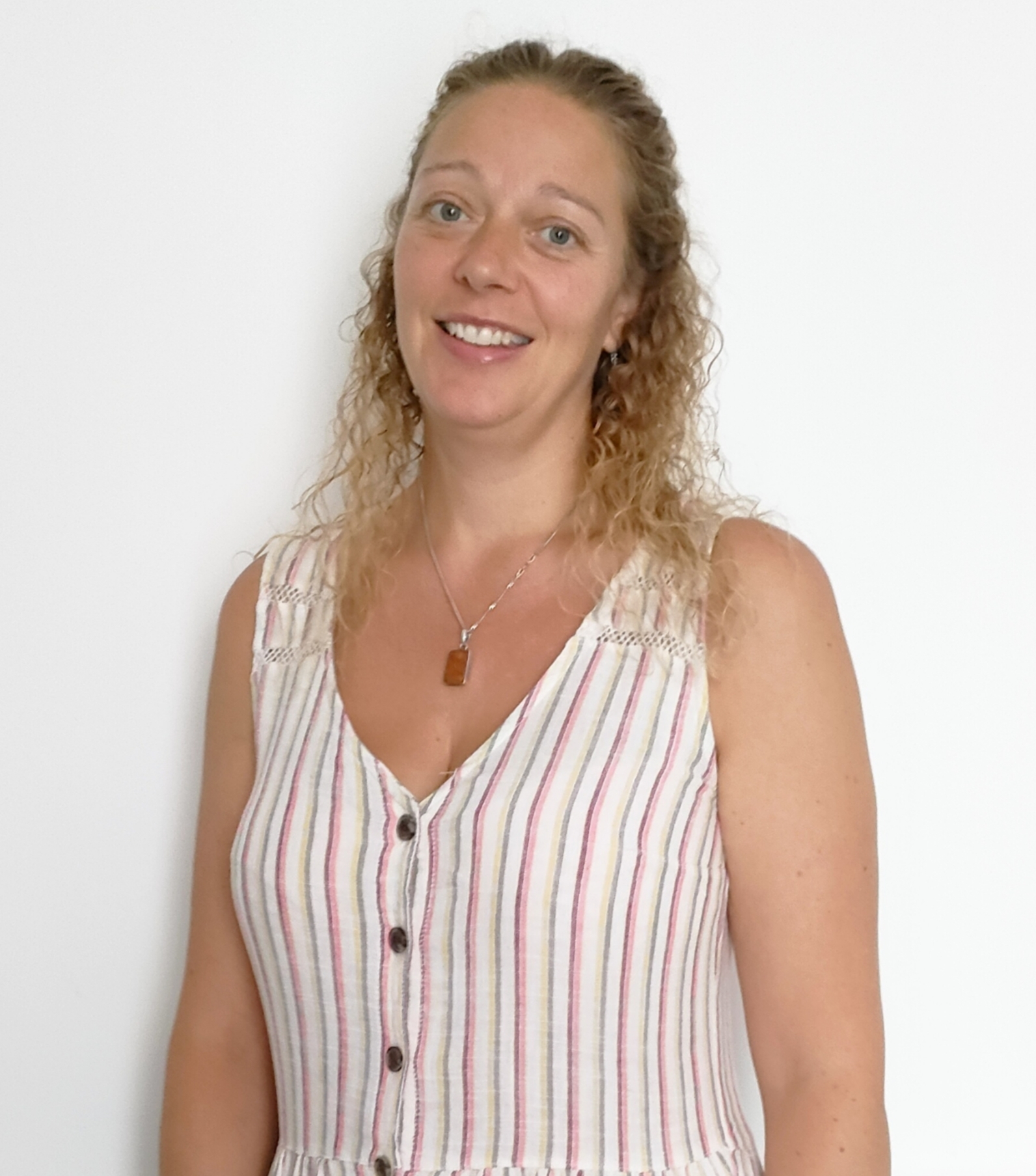Reflections on Waterloo Project, Thames Reach’s first hostel
At the end of August, the Waterloo Project will close after over 35 years as a Thames Reach hostel. Lead worker Lorraine reflects on its successes and lessons.

At the end of August, the Waterloo Project will close after over 35 years as a Thames Reach hostel. The project was an innovation in provisions for people sleeping rough when it opened in the 1980s, and Thames Reach have been able to learn a great deal about the kind of support that needs to be given to make an individual’s move away from homelessness sustainable. Having worked at the project for several years, its lead worker, Lorraine, discusses its legacy.
“My name is Lorraine, I have been working at The Waterloo Project for several years as a relief worker and since January 2021 as a lead worker. I started at Thames Reach as a volunteer in 2013 and have since worked at multiple services within Thames Reach.
Psychologically-informed environment
“The Waterloo Project is a psychologically-informed environment (PIE) hostel, it has been running for over 35 years in the same building, and was the first hostel to trial and implement the PIE approach. It has been very successful as a psychologically-informed environment and as a hostel. In short PIE means we work with our residents in a holistic way, including having reflective practice for staff, to understand our residents’ backgroundand journey to better enable us to support them. The communal spaces are open and inviting for people to feel comfortable to engage with staff and psychologists, who work in the building, in various activities and to talk in.
“We work with people who have been rough sleeping in, and have a connection to, Lambeth who have complex support needs. We support them to access services for substance misuse, mental and physical health, financial support, sexual health and to motivate and encourage them to do more meaningful things with their time, to sustain positive changes they are making such as activities in the community like gardening, music, volunteering or courses. We also often have to engage residents with specialist services such as; social services, eating disorder services, domestic violence and specialist women’s services.
“We are working with residents to move on to accommodation with less support or independent living accommodation. We have referred people into supported accommodation, council housing, housing first, shared housing in the mental health pathway – with more appropriate support and into clearing house.
Teamwork
“One aspect that makes the Waterloo Project special in my opinion is the team. This shows through the engagement of the residents and the positive things they say, often being that TWP has been the first place they have felt safe and supported, and could see their lives changing because they have moved here. The project has been a place of hope and connection, full of stories and characters.
“The building itself is unique, with a beautiful garden, light welcoming kitchen, and upstairs lounge. So many visitors to the project would comment on how special the place felt and how focused and supportive the team were.”
Lorraine and the rest of the team share their best memories of the project:
“Food! one year we celebrated a resident’s 60th birthday by having a BBQ for everyone. Even though the cooking and prepping for it was stressful it was worth it, there was a good turn out and residents enjoyed the food and socialised well with everyone. The birthday resident was really happy we did this for him and still talks about it to this day.”
“One year having a Christmas tree donated to the project and residents getting involved with decorating it, listening to Christmas songs, singing, and chatting about Christmas and the New Year, with positive thoughts.”
“Baking cakes with residents, and other residents coming down and chatting and all getting along and laughing because one of the batches went terribly wrong!”
“Food and playing Jenga, so many hours of Jenga!”
“Reflective practice sessions where we’ve thought differently as a team about a resident that was really challenging, then as a team learning to see things differently.”
“Cooking the meals and facing personal challenges in cooking a Saturday fry up and Sunday roast dinner for 19 people and receiving comments from residents about how good it was and that they enjoyed the meals”
